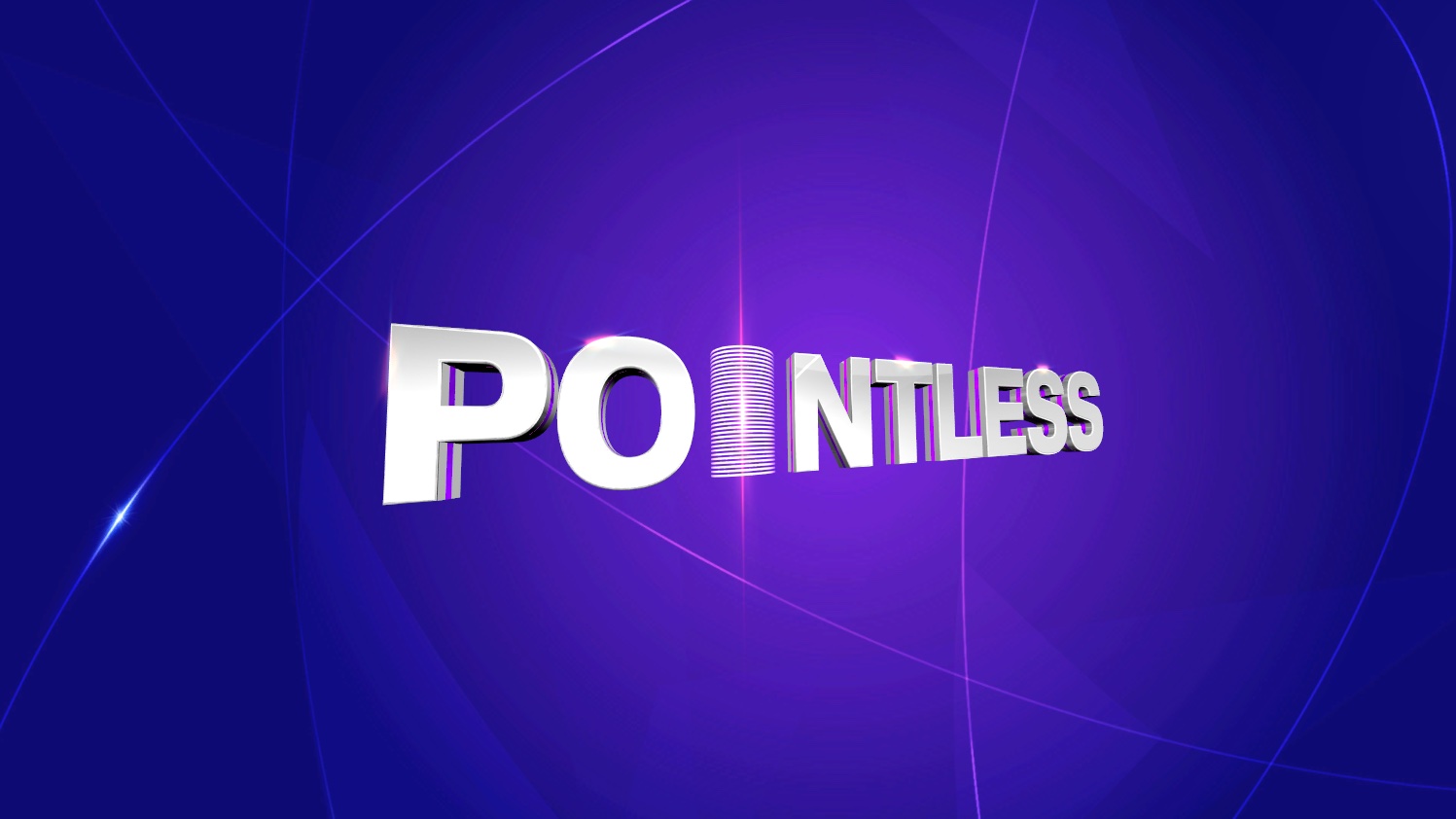Most nights we sit down with a tea and watch the last few rounds of the TV quiz show Pointless. One particular round caught my attention when a question stood out as being at odds with what would be considered general knowledge.
The TV quiz consists of teams of two contestants who attempt to provide answers that are not only correct, but also as obscure as possible. On each episode, contestants answer a series of questions that were put to 100 members of the general public. If a team’s answer is correct, they score one point for each participant who gave it during the survey; an answer given by none of the participants is termed “pointless” and adds nothing to the team’s score. The scoring for each question is interesting because, in a crude way, it shows the general public’s level of knowledge about a subject. For example questions about celebrities get much higher scores than politicians which probably shows the power of social media.
The round that caught my attention was called: ‘A’ In Maths, where the teams had to answer maths related questions where the answer began with an ‘A’. They were as follows:
-
Ancient calculating device composed of rods and beads
-
Reference line on a graph labelled X or Y
-
Two-word term for a number that, when added to a given number, creates the sum of zero
-
System where letters represent numbers in formulaic equations.
-
Angle of less than 90 degrees.
Starting with question 1. I have never used an abacas but I have heard about them and they are still used in some areas of Asia. I’m guessing that knowing about an abacus tends more towards knowledge of history and geography rather than mathematics education in the UK and had a score of 65.
The answer to the second question is Axis and is used in drawing graphs. This is something that is firmly the subject of mathematics as well science, engineering, finance etc. It is covered at GCSE level and with a score of 35 it suggest that the word has a more specialised use rather than forming part of general knowledge.
Leaving question 3 which is the most interesting one and moving onto question 4 where the answer is Algebra. With a score of 49 it reflects that algebra is again a specialised word belonging to mathematics. I suspect that the difficulty of learning to manipulate symbols has left a sense of fear in most people and therefore easily recalled! Algebra is introduced at Key Stage Level 2 mathematics and forms a corner stone for future use in GCSE, A-level and degree courses.
With a score of 61 the answer to question 5 is: Acute. Acute is a term that crops up at Key Stage 2 but then disappears for the rest of the mathematics curriculum. The word acute is used in everyday language outside of mathematics, for example we typically hear politicians speak about “an acute housing shortage”. Therefore the word “acute” lives on in peoples minds but with a different meaning and maybe word association was the trigger for an answer.
Now to question 3 and the one that caught my attention. The answer was: Additive Inverse. Yes - Additive Inverse! Nobody answered the question and it was therefore pointless! An additive inverse is when you take a number say 5 and add -5 - its inverse - to give the answer zero ( i.e. 5 + -5 = 0 ). It is a concept that is used in the higher realms of mathematics and therefore is miles away from everyday use. It is a concept that you would find in the first year of a degree course in mathematics and at a push in a science course such as chemistry or physics.
I’m not sure if the team behind Pointless balance the questions against the populations general knowledge so that an entertaining TV programme is produced but the Maths round gives a fascinating insight into the range and types of knowledge in the public domain. When I next sit down to watch an episode of the show I will be looking for questions at odds with the rest and at the same time as marvelling at those who actually get through to the final and win the jackpot!
